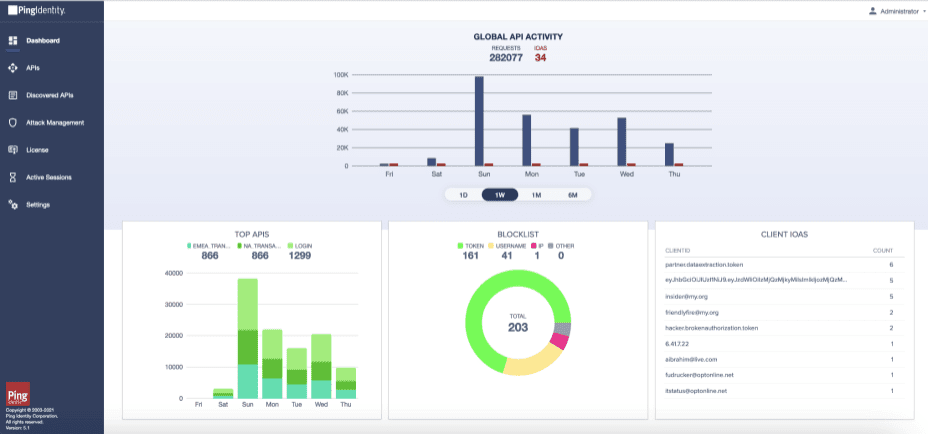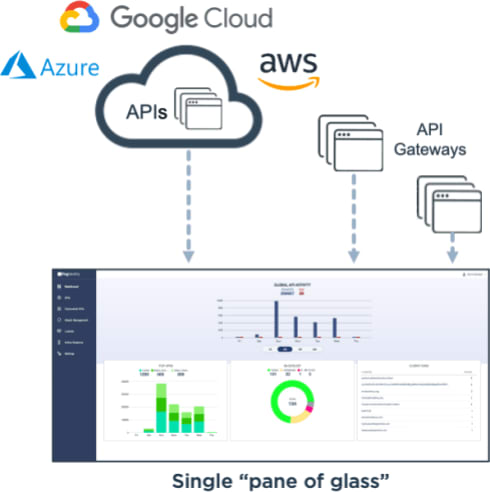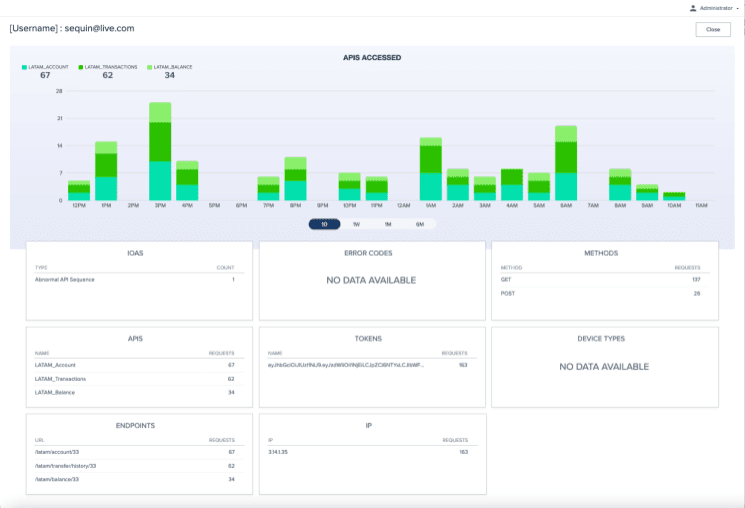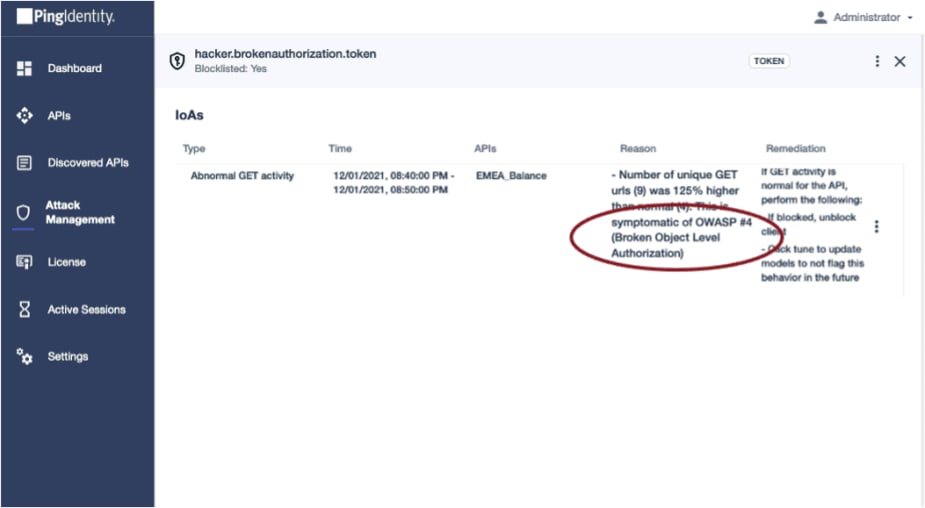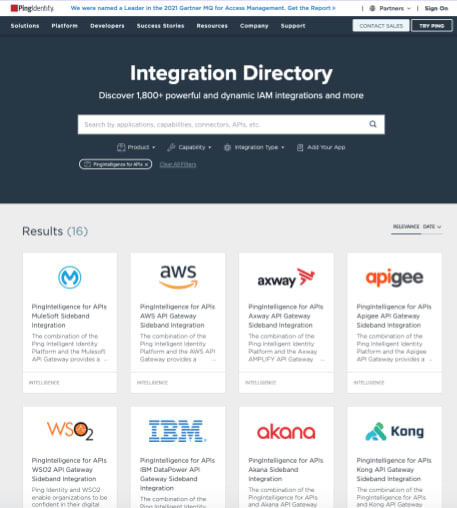Introduction
APIs are the pillars of digital transformation initiatives. They offer many great benefits and because of this, organizations are now deploying APIs across multiple clouds and data centers, leveraging a variety of API gateway environments.
Unfortunately, this leads to blind spots and the inability to properly track who is doing what with your APIs. And, while APIs provide accessibility and the platform for innovation, they significantly increase the risk of mishaps and data breaches, challenging all organizations to layer an effective API security and governance protection over those APIs.
PingOne API Intelligence enables you to proactively address some of the most challenging API infrastructure risks. You will be able to:
Respond to production API security issues and vulnerabilities before they become costly, are reported by the press or exploited by hackers.
- The press recently reported on several public companies with API security flaws that exposed their customers’ private information. See TechCrunch reports on Peloton and Echelon API issues: Peloton and Echelon. Similarly, see the issue with John Deere’s API: John Deere Motherboard article and John Deere Leaky API.
- API design flaws are the entry doors hackers are looking to breach.
Protect your brand from partners misusing or abusing your APIs
- A very embarrassing case of a partner misusing an API recently exposed financial and private data of millions of Americans. See this KrebsOnSecurity article Experian API Exposed Credit Scores.
Protect against financial losses and reputational damages from API breaches and fraud
- Hackers are launching new types of attacks that use valid credentials to exploit APIs in order to take over accounts, steal data and commit fraud.
- Because they are authenticated users and are “freestyling” their attacks, existing security solutions are inadequate at detecting API hackers.
Protect against financial losses and reputational damages from API breaches and fraud
- CIOs and CISOs are increasingly uncomfortable with the proliferation of APIs and the lack of oversight over user activity. This is driving the need for detailed API traffic info for governance, audit and forensic reports–linked to the identity of each user.
- APIs are deployed everywhere, creating blind spots and the fear of not knowing about all active APIs. Tracking APIs across all clouds and data centers is critical to the security of the organization.
